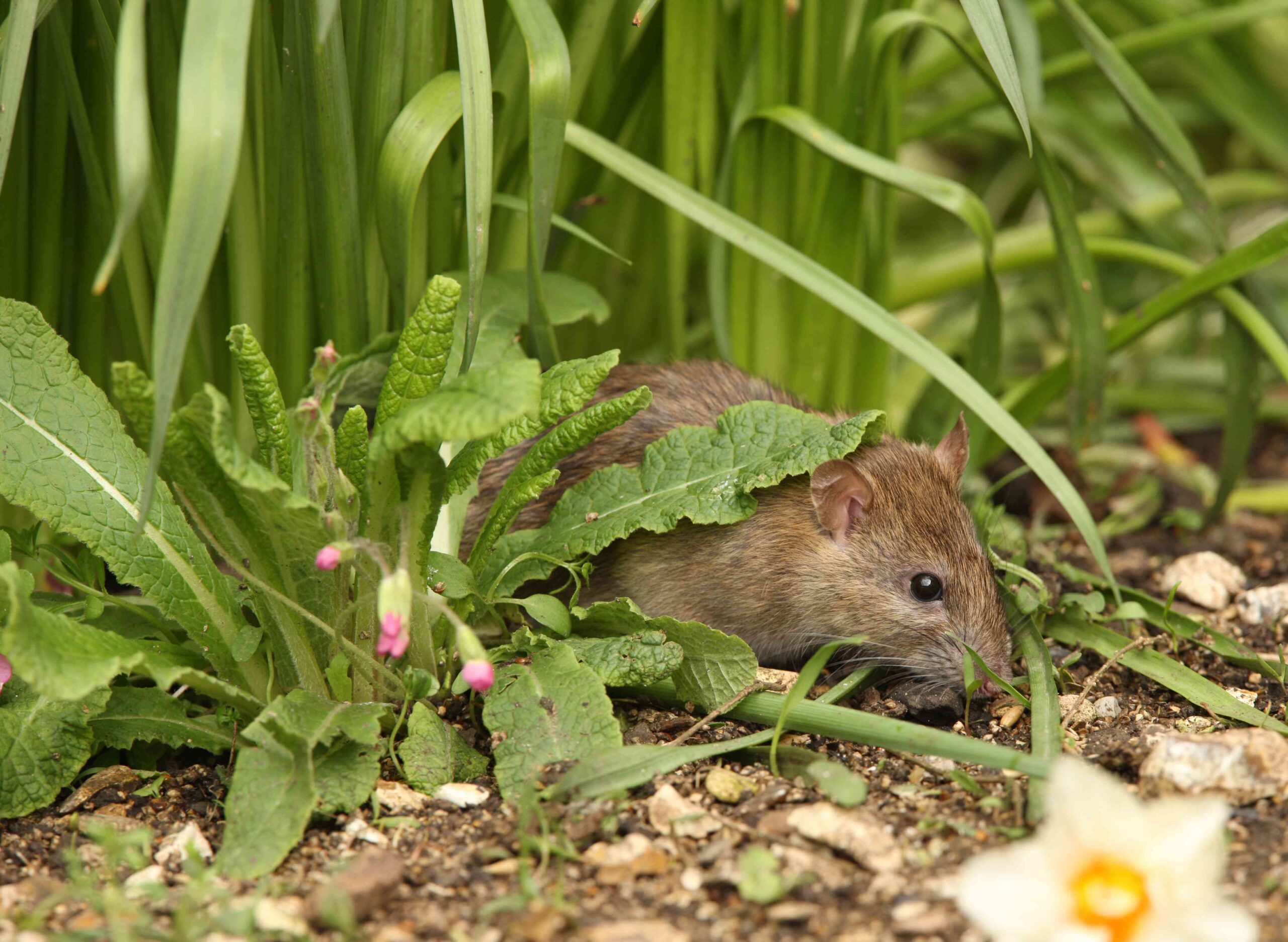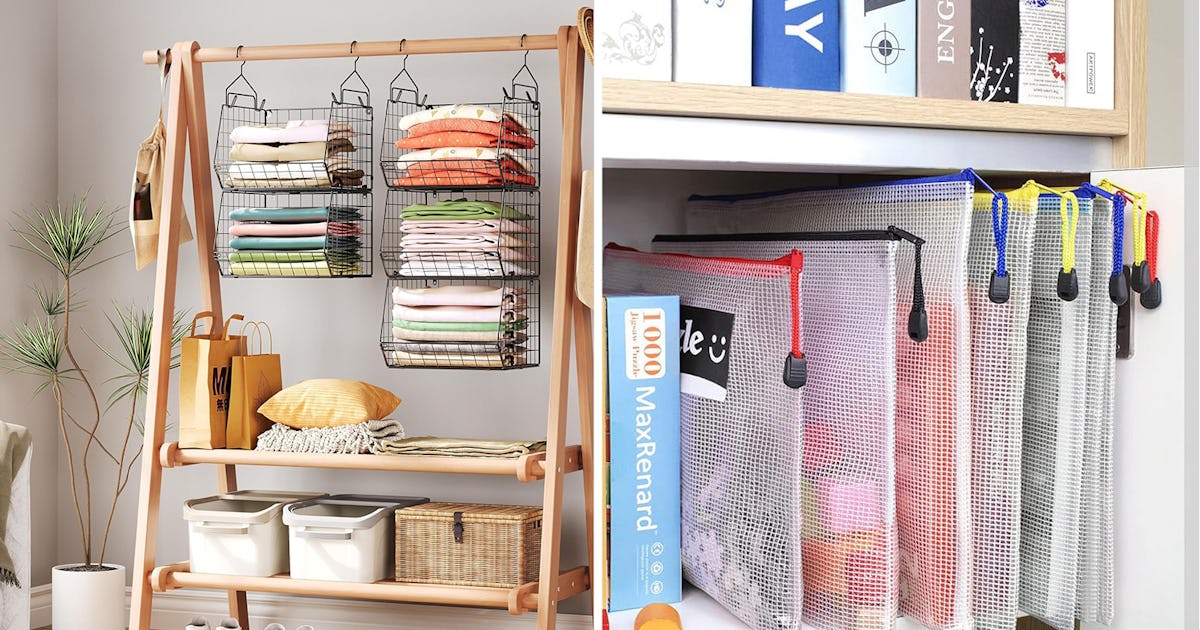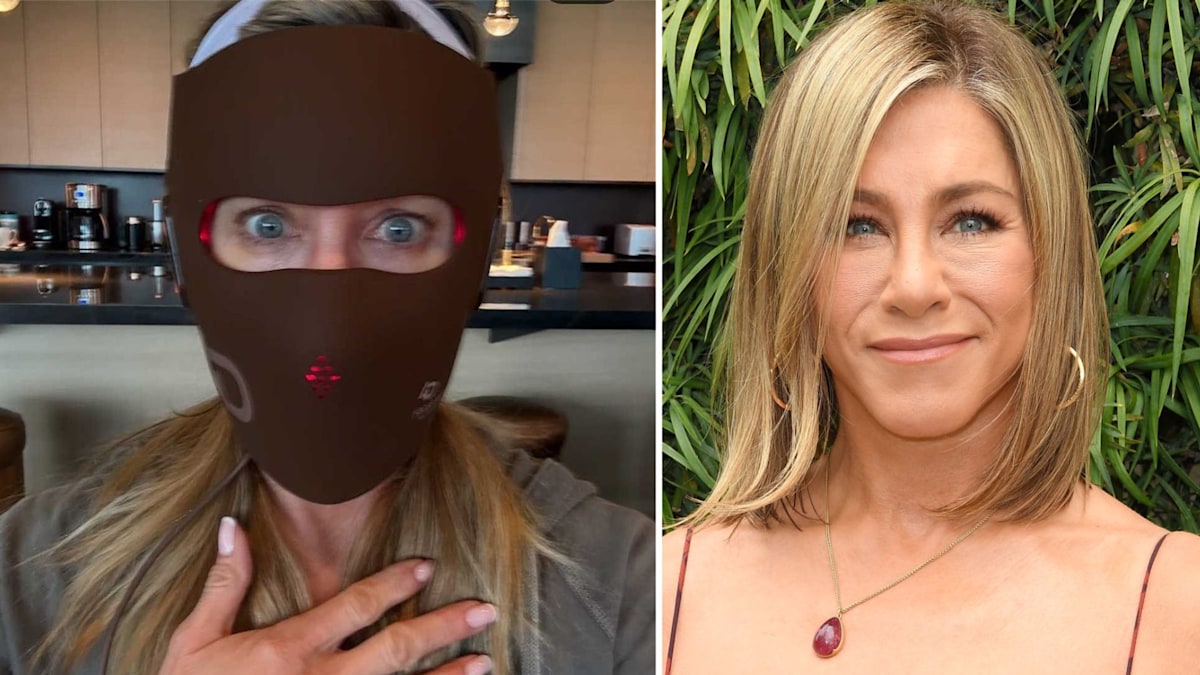
10 Common Garden Mistakes That Are Actually Attracting Pests (and How to Fix Them)
Gardens are diverse environments that depend on insects and other pests for healthy plant growth. But unwanted pests can quickly ruin a garden.
We spoke to garden pest control experts to find out the common gardening mistakes attracting pests, and what you can do to prevent them.
Meet the Expert
- Casey Bishop is the CEO of Dr. Killigan’s.
- Terry Keyzer is the Technical Service Manager for Lawn & Ornamental Vegetation Management at Terminix.
Overwatering
Experts say overwatering is one of the biggest causes of pests in the garden,.
“Steer clear of overwatering,” says Casey Bishop, CEO of Dr. Killigan’s, which produces eco-friendly pest solutions. “Excess moisture creates a breeding ground for a range of insects, such as slugs, mosquitoes, and gnats.”
Most gardeners have had the experience of forgetting that the hose is turned on, only to discover a rapidly expanding lake in the garden. Avoid overwatering by planting in well-draining soil, maintaining a watering schedule, and using a hose timer.
You Might Need…
Hose timers turn off the water at a pre-set time. They’ll also turn on again when you want. We tested a wide range of products to bring you the best hose timers for cost, value, ease of use, and durability.
Want more gardening tips? Sign up for our free gardening newsletter for our best growing tips, troubleshooting hacks, and more!
Killing Natural Predators
Killing natural predators or not protecting them are common gardening mistakes that attract pests, says Terry Keyzer, a pest control and vegetation management expert with Terminex.
“It is important to not aim to kill all bugs,” Keyzer says. “Of all insect species commonly observed in gardens, 99-percent are beneficial.”
To protect the natural predators of pest species, Keyzer says it’s vital not to spray insecticides everywhere, instead using a targeted and surgical approach to remove pest problems.
Ignoring Plant Diversity
Ignoring plant diversity is another garden mistake that invites unwanted pests, Bishop says.
“Gardens with minimal plant diversity can be problematic,” Bishop says. “They not only provide a predictable food source for pests, but they also lead to soil nutrient depletion, which can make plants more susceptible to infestations.”
Understand basic companion planting with charts that indicate popular garden crops and their recommended companion plants.
Not Removing Decaying Matter
Pests are attracted to decaying plant matter. Gardens produce a significant amount of decaying matter.
“Dead leaves, overripe fruit, and other organic debris allow pests to secure hiding spots, reproduce, and go unchecked,” Bishop says.
The first step is to walk through your garden once a day with a bucket and a pair of gloves. Clean out your garden of anything that has fallen.
Rotting fruit quickly attracts unwanted pests, so pick it up immediately. Place decaying matter in the compost bin or a municipal yard waste bin.
Poorly Maintained Compost Bin
A compost bin lets you dispose of kitchen, yard, and garden organic matter while also providing a rich amendment for your garden soil. But a poorly maintained compost bin will attract unwanted pests. Be sure to:
- Know what to compost: Learn what to compost and what not to compost. Veggie trimmings and grass clippings should be composted, while meat, fat, and pet waste should not be composted.
- Close the bin: “Secure your compost bin so scavengers stay out,” Keyzer says. The best compost bins are closeable to keep out all unwanted predators.
- Compost indoors: Compost small kitchen scraps with indoor countertop composters.
Not Growing Insect Repellent Plants
Various species of plants—such as basil, oregano, thyme, mint, lavender, and lemongrass—can help with their natural insect-repelling qualities, Bishop says. This allows you to target particular pests.
Some plants that repel insects include:
| Plant | Repels |
| Basil | Asparagus beetle, carrot fly, flies, mosquitoes, whitefly |
| Borage | Imported cabbageworm, tomato hornworm |
| Calendula | Asparagus beetle, nematodes, tomato hornworm |
| Catmint | Aphids, cabbage looper, cucumber beetle, flea beetle, Japanese beetle, squash bugs |
| Garlic | Cabbage moths, codling moths, Mexican bean beetles, peach borer, rabbits |
Pet Food
Pests love food. Besides incidental food around the garden—mainly, decaying plant matter—they’re attracted to food meant for other animals.
Bowls or feeders for dogs, cats, chickens, or other small animals should be kept well away from the garden to avoid attracting unwanted pests.
“Secure bird feeders and rotate the seed frequently,” Keyzer says.
Rich and sugary hummingbird feeders are an instant attraction for all types of pests—insects, rats, and mice. Place hummingbird feeders near the house and well away from the garden.
Not Understanding Insects
With insects, Keyzer says, education is key. Wasps are a good example.
“Is that wasp a pest or a friend?” Keyzer asks. “Without proper identification, it would be impossible to tell.”
As it turns out, many species of wasp are parasitoid wasps. In other words, these are wasps you want in your garden, not wasps you want to repel.
“These beneficial organisms will seek out and remove the pest caterpillars from the environment, and this protects your garden without pesticides and without damaging desirable plants in the garden,” Keyzer says.
Not Removing Excess Water
Overwatering your garden is one way of introducing too much moisture. But water comes from any number of sources. You’ll find excess water in these spots:
- Bird baths: Change out the water in bird baths weekly to reduce mosquito larvae from hatching, Keyzer says. Mosquitos go from egg to flying adult in as little as seven days.
- Rain barrels: Harvesting rainwater with a rain barrel conserves water and nourishes your garden. But keep the top covered and check regularly for leaks.
- Pooled on the ground: Fill in potholes or regrade where you see water frequently pool up in the garden.
Not Using Safe Repellents
The garden pest control experts we spoke to recommend first avoiding basic gardening mistakes that attract pests: keeping the garden dry, removing attractive food, cultivating pest predators, and the like.
You should use pest repellents only if you need supplemental help. Use only safe, low-risk insect powders, mosquito traps, rat and mouse traps, and fruit fly traps in the garden.
Before using a pesticide, check its label for safe use. Pesticides must be registered with the U.S. Environmental Protection Agency (EPA), and registration will be reflected on the product label.










